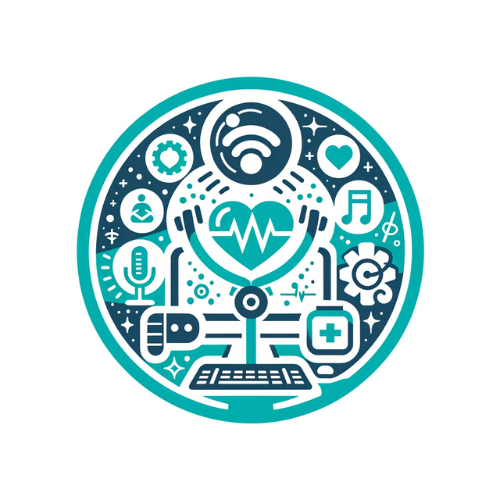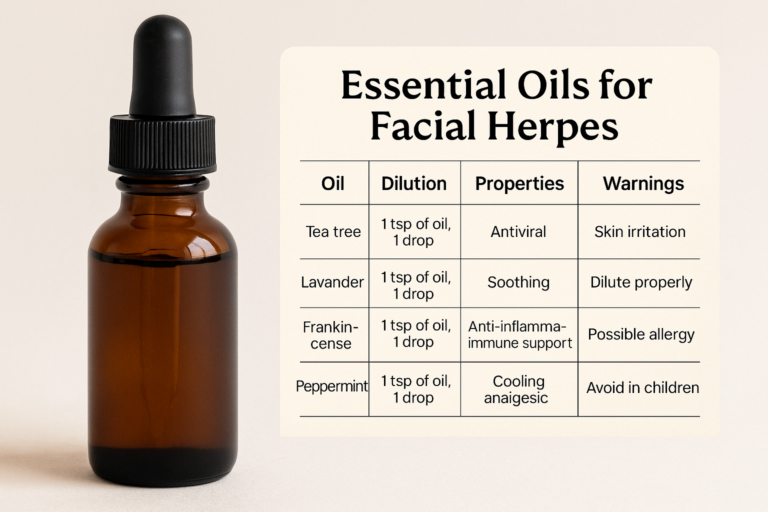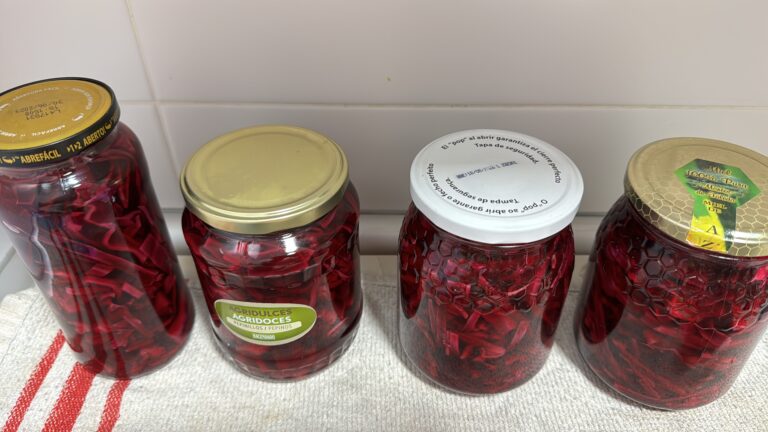Call us now:
USA News Reveals Surprising Self-Diagnoses Correctly Identified by Patients for Better Brain Health Solutions
Welcome to the USA news section, today we want to talk about self-diagnosis and its surprising impact on brain health
Sometimes, individuals notice their own symptoms long before they ever sit down in a doctor’s office.
This trend of patients accurately identifying their conditions—from reactive hypoglycemia to even more severe health issues—has been making headlines, particularly in a recent USA news article.
While it may sound like something out of a movie, real-life stories demonstrate how self-diagnoses can bridge a knowledge gap, guide more targeted care, and point people toward prioritizing mental and brain health.
But how do these remarkable stories connect to anxiety, depression, and stress management in 2025? That’s exactly what we’ll explore in this in-depth post.
In this article, we’ll analyze findings from the recent piece (covering everything from a patient who detected her own leukemia to surprising abdomino-pelvic diagnoses) and shed light on their broader implications for holistic well-being.
We’ll also dive deep into topics like anxiety, depression, strategic planning, and personal branding for mental resilience—all with a focus on the United States context in 2025.
The Significance of Self-Diagnosis in Holistic Health
Healthcare professionals generally caution against the pitfalls of self-diagnosis (because of Dr. Google, stress, and misinformation).
Yet, the stories highlighted in the USA news piece show that some patients exhibit remarkable insight into their own conditions, occasionally catching what even advanced medical tests miss the first time.
From a woman who suspected her neighbor was poisoning her—only for lab tests to reveal the presence of a toxic substance in her blood—to a man with an indistinct feeling of doom that turned out to be a telltale sign of pancreatic cancer, these accounts underscore a crucial message: listening to your body can save your life.
In the realm of mental and brain health, that same principle applies.
Recognizing how you think, feel, and react to stress can lead you to seek help before anxiety or depression become severe.
For a nation where, according to the CDC, a significant percentage of adults experience mental distress each year, self-awareness is invaluable.
In 2025, the emphasis on patient empowerment, combined with easily accessible medical research online, has led to more individuals taking the initial step to research their symptoms—some of whom discover they’re spot on with their self-diagnoses.
The Brain Connection: Why Anxiety and Depression Matter
In the stories from the article, we see patients discerning everything from neurological to endocrine conditions. But what about our mental state?
Anxiety and depression remain two of the most common mental health concerns in the United States.
These conditions affect the prefrontal cortex (responsible for decision-making, planning, and emotional regulation) and the amygdala (the brain’s “alarm system” for fear and stress).
When left unchecked, anxiety can escalate, influencing your blood pressure, sleep quality, and overall sense of well-being.
Whether you’re worried about a nagging pain or a persistent sense that “something is off,” mental stress can magnify physical symptoms.
Integrating self-awareness into the process—in moderation and with medical confirmation—can be helpful.
After all, no one knows your body and mind quite like you do.
How Can I Avoid Anxiety?
It’s a question asked by countless Americans each year.
To tackle anxiety head-on, start by understanding your triggers.
A few strategies include:
- Mindfulness and Meditation: These practices help center your attention on the present, reducing the mental chatter that often sparks anxiety.
- Routine Physical Activity: Even a 20-minute brisk walk can release endorphins, lift your mood, and improve blood circulation to the brain.
- Social Support Systems: Sharing worries with a loved one or mental health professional can often provide relief and a fresh perspective.
Additionally, setting boundaries—digital or otherwise—can help you create a cushion between yourself and stressors.
What is the Best Way to Manage Stress and Protect Brain Health?
Prolonged stress doesn’t just make you feel overwhelmed; it can reshape your brain.
Chronic cortisol release, for instance, can weaken the prefrontal cortex and amplify amygdala activity, creating a heightened sense of fear and reactivity.
But stress management is possible through proactive approaches:
- Deep Breathing Exercises: By pausing to take a few long, slow breaths, you activate your parasympathetic nervous system, the body’s natural relaxation response.
- Hobbies and Leisure: Engaging in enjoyable activities—be it painting, gardening, or reading—helps redirect your mind and allows it to recharge.
- Therapeutic Conversations: Talking to a therapist or a close friend about stressors can offer emotional relief and practical coping tools.
Another tip is strategic planning—both in daily life and in career development or personal branding.
By mapping out short-term goals, scheduling downtime, and adhering to consistent wellness practices, you minimize unexpected stressors.
This approach aligns with holistic well-being: mental resilience, physical health, and emotional stability all working in tandem.
The Role of Personal Branding in Emotional Well-Being
At first glance, “personal branding” might seem unrelated to brain health.
However, defining your personal brand involves identifying your core values, strengths, and passions.
This introspection can reduce uncertainty, boost self-esteem, and provide a sense of purpose—three factors that are protective against mental distress.
In 2025, having a strong personal brand can also help you navigate social pressures, maintain meaningful professional relationships, and plan for the future in a way that supports your mental well-being.
The Surprising Influence of Love, Freedom, and Society
Another recurring theme in these self-diagnosis stories is the presence of supportive relationships—family members, friends, or even vigilant neighbors—who encourage or reinforce a person’s gut feeling about their health.
Love, freedom, and a supportive social environment are pillars of emotional stability.
Feeling free to express concerns without judgment fosters open communication, which in turn can expedite proper diagnoses and encourage stress relief.
In many parts of the USA, grassroots mental health support groups are forming in 2025 to create safe spaces for individuals to share experiences.
By cultivating a sense of community—both online and in person—people can catch early warning signs in themselves or their loved ones.
This communal aspect also resonates with the concept of holistic health, emphasizing that no one thrives in isolation.
Meditation Benefits: Strengthening the Self-Diagnoses
If there’s one practice that ties everything together—stress management, anxiety reduction, strategic thinking, and personal well-being—it’s meditation.
Numerous studies, including some supported by the CDC’s mental health research programs, illustrate these central advantages of a consistent meditation routine:
- Strengthening the Prefrontal Cortex: Meditation can enhance executive functions such as planning, focus, and self-control.
- Decreasing Activity in the Amygdala: By slowly rewiring how your brain responds to potential threats, meditation lowers long-term stress and anxiety.
- Improving Attention and Cognitive Abilities: Regular mindfulness practices encourage better concentration and memory retention.
When considering self-diagnosis and mental wellness, meditation serves as both prevention and intervention.
It fosters self-awareness, which helps you notice abnormal bodily sensations or thought patterns earlier.
For instance, if meditative practice reveals a persistent tension in your chest area, you might share that observation with a healthcare professional.
This is precisely where patient insights can lead to quicker, more accurate medical evaluations.
The Practical Path Forward: Combining Self-Awareness and Expert Guidance
Although self-diagnosis stories can be awe-inspiring, it’s crucial to remember: never rely solely on personal research.
Even the best-informed individual can miss vital clues that professionals—armed with medical imaging, laboratory tests, and years of training—can detect.
Think of it as teamwork: your observations can accelerate the diagnostic process, but a medical expert refines it into an official diagnosis and effective treatment plan.
If you feel an overwhelming sense of anxiety, depression, or simply that intangible sense that something is “not right,” consider it a signal.
Consult a brain health expert, psychologist, or general practitioner as soon as possible.
Early detection significantly boosts treatment outcomes, especially when dealing with mental health challenges such as anxiety disorders and depression.
Ready to take control of your well-being journey?
We highly encourage you to speak with a qualified healthcare professional.
Schedule your appointment here: https://www.visitamedicaonline.com/agenda-tu-cita/
Embrace Self-Awareness, Seek Holistic Brain Care, and Stay Informed
From the unusual but accurate self-diagnoses featured in the USA news article, we learn that being proactive about our health matters—whether it’s noticing subtle physical symptoms or detecting shifts in our mental landscape.
By combining informed self-awareness with professional guidance, we stand a better chance of catching serious conditions early and managing the more commonplace but equally significant concerns of anxiety, stress, and depression.
So, what’s the next step for readers looking to fortify their mental and emotional resilience in 2025?
Incorporate mindfulness routines, nurture supportive relationships, and build a meaningful personal brand to anchor your sense of identity.
Of course, professional consultations remain the gold standard for definitive answers.
And remember: respira, sana, evoluciona—breathe, heal, evolve.
This guiding principle highlights the simple yet powerful steps toward mental clarity and emotional balance.
We also invite you to continue your journey by subscribing to The Brain Care Podcast for enlightening discussions on brain health, mindfulness, and holistic well-being:
https://www.youtube.com/@thebraincarepodcast
Finally, don’t miss out on future articles that delve deeper into brain health and mental wellness in 2025.
Subscribe to our blog and stay updated on the latest strategies, research breakthroughs, and success stories that can inspire your own journey to better health.
Bibliography
CDC Anxiety and Depression Data: Centers for Disease Control and Prevention (https://www.cdc.gov/mentalhealth/index.htm)
Original USA News Article: “Doctors And Nurses Are Sharing The Wildest Self-Diagnoses That Patients Were Actually Right About” – Yahoo News, 2025
Additional Evidence-Based Resources: American Psychological Association, National Institute of Mental Health
Read the full article here: https://www.yahoo.com/lifestyle/doctors-nurses-sharing-wildest-self-233102044.html



